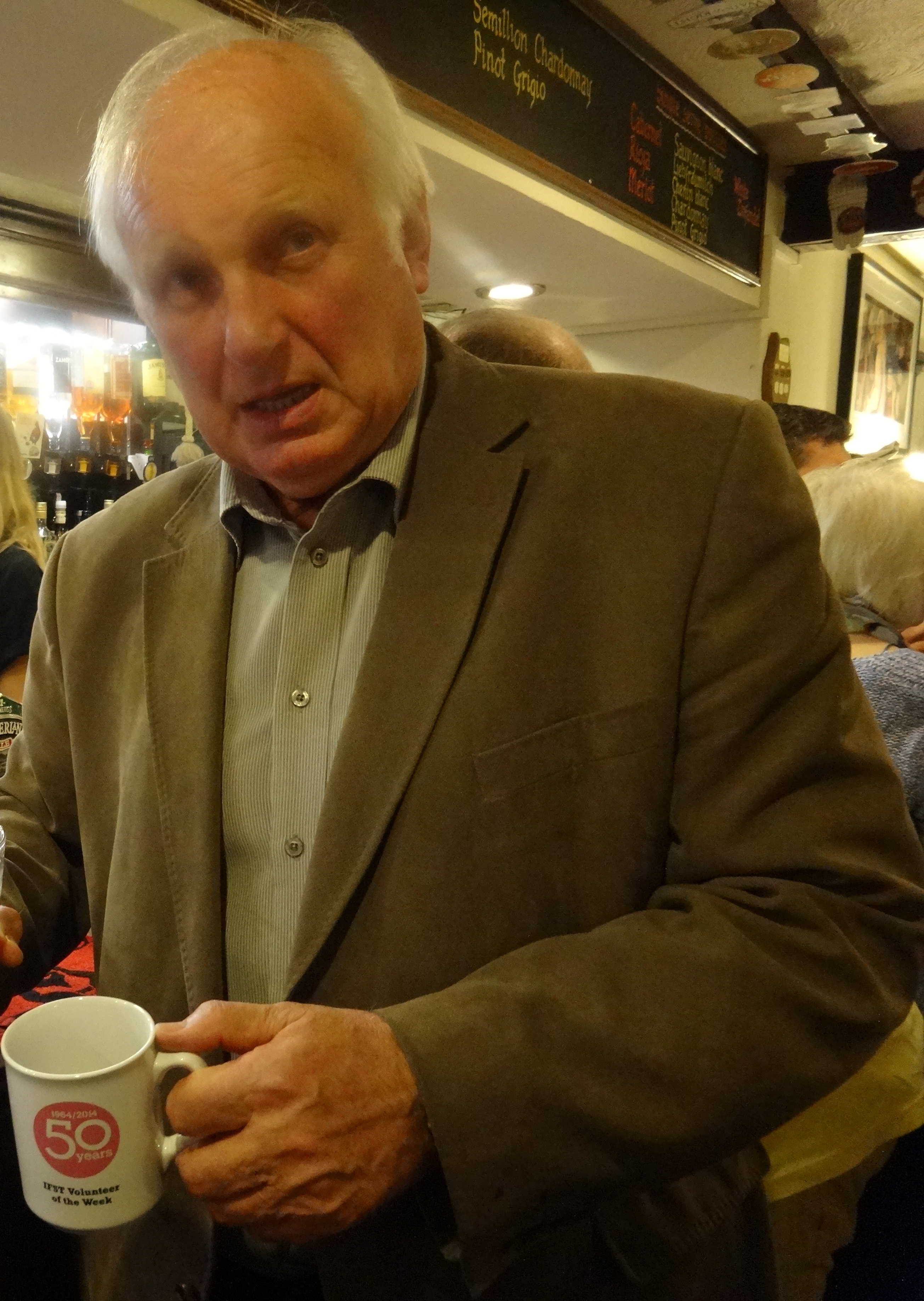David is Volunteer of the Week for doing IFST's Chemistry of Cooking roadshow across the UK.
How does it feel to be recognised as Volunteer of the Week?
Very pleased and honoured and would like to be able to share it with the hard working volunteers of the Western Branch Committee. It’s good excuse to go down the pub and celebrate.
Why is it important to be a member of a body like IFST?
Because it says on the tin ‘The Voice of the Food Profession’. It is important whatever age a person is to be part of their professional body. I proudly display my Membership Certificate on my office wall dated 1st July 1990. I really should have joined earlier than that and probably would have had CPD been around then. CPD is an excellent mechanism for expanding ones knowledge and developing ones career.
You are currently touring the country for us as part of our ‘Chemistry of Cooking’ roadshow, tell us more about your lecture and what people can expect to learn at them.
The lecture is evolving each time I do it. The theme is flavour and the myriad of flavour chemicals we form when we cook. It is also about how we detect and interpret them and how our chemical senses have been critical in our survival. I have two skulls with me when I lecture – these are casts of two famous skulls; Neanderthal and Australopithecus afarensis. The sizes of the skulls and brain capacities of the two reflect the discovery and use of fire for cooking providing a source of safe calories and brain growing chemicals. The Neanderthal skull is of course much larger as a meat eater and pre-historic chef. I have had him overlooking my desk for nearly 20 years and over the last few years I find he is a relation because we carry Neanderthal genes. I also make a meat flavour in the lecture by doing a reaction with precursor chemicals found in meat which the audience can taste and which Neanderthal would have appreciated.
You are the Chair of the Western Branch and have been leading it for some time, tell us a little more…
At Western Branch we have focussed on doing Conferences and providing educational trips for students to food factories. We have done conferences on sustainability, food ingredients, packaging, food auditing and we held a review of the E.coli incident in South Wales with main speaker Hugh Pennington. We held three conferences on food auditing the only ones ever staged in the UK. It is not easy attracting people to functions in the internet age where Google provides the answers and social media the daily/hourly fix but we have a really good committee who all pull together to produce some very special and memorable events.
You are organising an event which will coincide with the IFST Lecture on 11 November. What can we expect from the Bristol event?
We will be in the Planetarium in Millennium Square in Bristol with the lecture beamed onto the curved auditorium roof and we will watch from reclining seats. This will be followed by a reception held in the food exhibition in the @Bristol Science Centre connected by walkway to the Planetarium. Anyone attending will have free access to all the food exhibits.
Tell us something that not many people know.
Our olfactory epithelium is the only part of the human brain connected to the outside world. It is the oldest part of the human body because when life started and the process of natural selection kicked in it was the means by which early life forms selected nutrients from the environment to survive. From it the brain grew as organisms had to act more intelligently to win the race for survival. We can’t underestimate what we have up our noses as only this week we see that olfactory neurones have been used for the first time in a cure of paralysis. After that it’s time for a pint.

